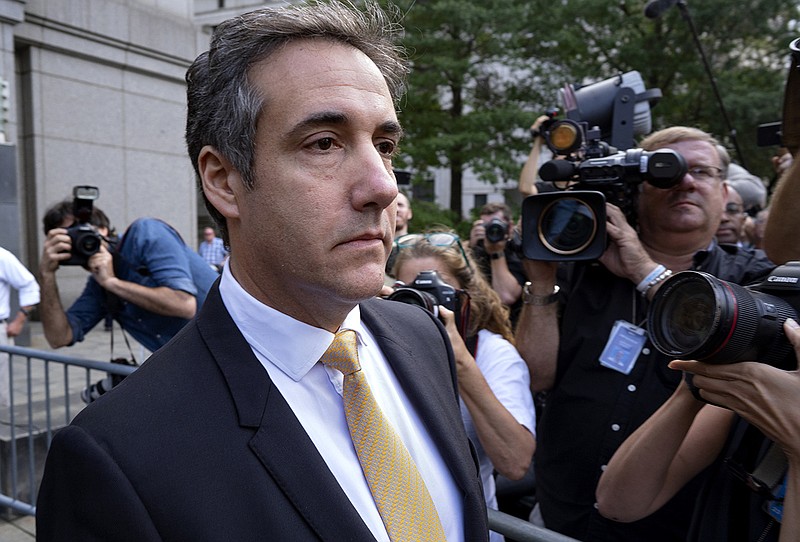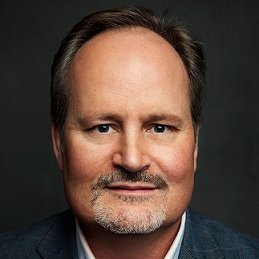"I'm going to surround myself only with the best and most serious people. We want top-of-the-line professionals."
- Donald Trump, Aug. 8, 2015.
In life, business, and now politics, the president of the United States has treated loyalty as a one-sided affair, something he expects from others but has rarely doled out to anyone but his closest family members.
That formula allowed the Trump Organization to float along as a marketing and development boutique built around Donald Trump himself, but also ensured that it would never evolve into a Fortune 500 enterprise manned by capable professionals. As long as he stayed out of legal trouble, Trump also could spend decades tearing through people and propositions willy-nilly, dismissing naysayers with a leak to the gossip pages, an appearance on a talk show or a vicious tweet.
By the time Trump began running for president in 2015 and 2016, anyone who had been paying attention knew exactly what Trump's game amounted to and avoided him. Many of the folks who chose to sign on back then - Paul Manafort, Michael Cohen, Michael Flynn, Carter Page, Boris Epshteyn, Steve Bannon, Donald McGahn, Omarosa Manigault Newman, Sarah Sanders and Kellyanne Conway, for example - were second- or third-rate opportunists content to hitch their stars to the Trump train in exchange for visibility.
Some of them were also criminals, as it turns out.
Flynn pleaded guilty to fraud last year after admitting to misleading the Federal Bureau of Investigation during its probe of possible collusion between the Trump campaign and the Kremlin, and a federal jury convicted Manafort on Tuesday of tax and bank fraud. Cohen, perhaps the least sophisticated and capable person in a troupe of tragicomically inept advisers and hangers-on, also pleaded guilty on Tuesday to tax and bank fraud but with an added twist: He told a courtroom in New York that he made illegal campaign contributions (in the form of hush money paid to paramours) at Trump's direction.
"Cohen is saying that Trump was a principal of the crime he admits to having committed. Under federal law, that makes Trump criminally liable as an accomplice," my Bloomberg Opinion colleague Noah Feldman wrote on Tuesday. He added, "Never before has someone pleaded guilty in open court and said he acted at the direction of the president."
Cohen, perhaps, could have kept some of that to himself and thus spared the president. But that would have required Cohen to believe that the president would be just as loyal to him as he had often proclaimed himself to be to the president.
At the age of 72, Trump's self-absorption and lack of loyalty may finally come back to haunt him. Hence, the president took to Twitter on Wednesday to remind his team that he still values omerta from his capos even if some of them have already ratted him out:
Trump tweeted "I feel very badly for Paul Manafort and his wonderful family."
We now know that Trump rubbed up against felons and felonies during his campaign and transition into the White House, which leaves him surrounded by flagrant wrongdoing and a perilous legal vise.
As remarkable as Cohen-Manafort Day was, however, we are also still in the early stages of the Mueller investigation. We still don't have a full grasp of what Trump knew or did during a career, a campaign and a presidency that has skirted the limits of the law and may well have leapt well beyond them. As Mueller unspools the rest of what he knows, and as the political landscape shifts, Tuesday's events may end up being remembered as warm-up acts to more devastating revelations - and Trump, the disloyalist-in-chief, may discover that he has few people left who are willing to help him break his fall.
Timothy O'Brien is the executive editor of Bloomberg Opinion. He has been an editor and writer for The New York Times, The Wall Street Journal, HuffPost and Talk magazine. His books include "TrumpNation: The Art of Being The Donald."

